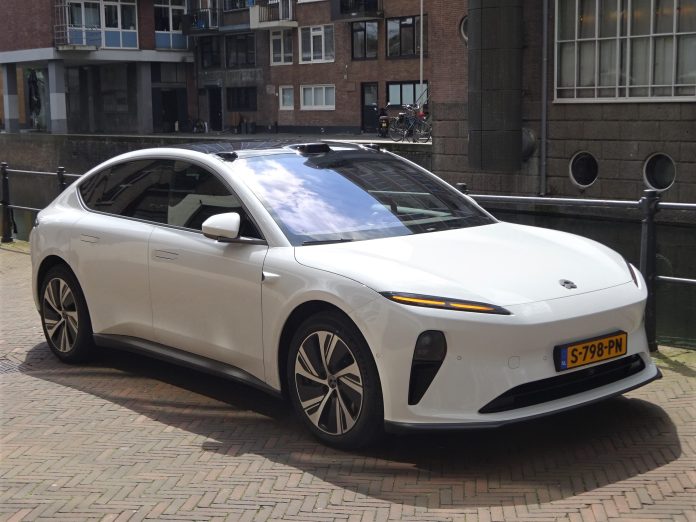The investigation of the European Commission may provoke a battery conflict with Beijing, Politico informs.
Chinese electric vehicles continue to flood the global market. Ursula von der Leyen, the European Commission President, launched an investigation on Wednesday into the import of Chinese goods. This decision may provoke a trade standoff on a scale that surpasses the struggle for solar panels with Beijing a decade ago.
Global markets are now flooded with cheaper Chinese electric cars. And their price is kept artificially low by huge state subsidies. This is distorting our market.
The situation is aggravated by China’s dominant position in the market of battery technologies, the heart of environmentally friendly cars. Sales of electric cars are forecast to grow by almost a third to about more than 14 million units in 2023 alone. The European Union is likely to lose the electric vehicle race without conditions ensuring fair competition.
The investigation announced by Ms. von der Leyen delighted French officials, including Economy Minister Bruno Le Maire.
“I welcome the investigation. If these subsidies do not comply with the rules of the World Trade Organisation, Europe must be able to fight back.”
German Economy Minister Robert Habeck also welcomed the decision.
It is about unfair competition. It’s not about keeping high-performance, low-cost cars out of the European market; it’s about looking to see if there are hidden, direct or indirect subsidies that create an unfair competitive advantage.
However, the European automotive industry continues to express concern. Especially German automakers, which are most dependent on the vast Chinese market.
At the moment, China already controls 60 percent of the world’s battery production. Brussels fears that without retaliatory measures, Chinese companies will monopolise the industry.
Von der Leyen’s statement strengthens the position of the EU Trade Commissioner Valdis Dombrovskis in negotiations with his Chinese counterparts. The visit, a part of the EU-China summit preparations, will take place on September 25. Dombrovskis expects China to lower trade barriers to European exports, which will help close the trade deficit.
However, von der Leyen’s call is ambiguous, since large German brands are heavily dependent on the Chinese automotive market, which has huge production capacities in China. Until recently, Volkswagen dominated there. BMW and Mercedes were the leaders in the premium class market. Thus, if China retaliates, the German auto industry will suffer the most.
Although China’s auto modernisation strategy was developed with significant government support, Chinese automakers have focused on the premium segment of the market rather than cutting costs in the mass market segment.
After the European Commission formally launches an anti-subsidy investigation, the trade department will have to prove that China is subsidising companies exporting electric vehicles to the EU. It will also need to prove that China is harming European industry.
“It could ultimately work, but this must go in parallel with an active industrial policy to make sure EU industry quickly develops its competitiveness.”
